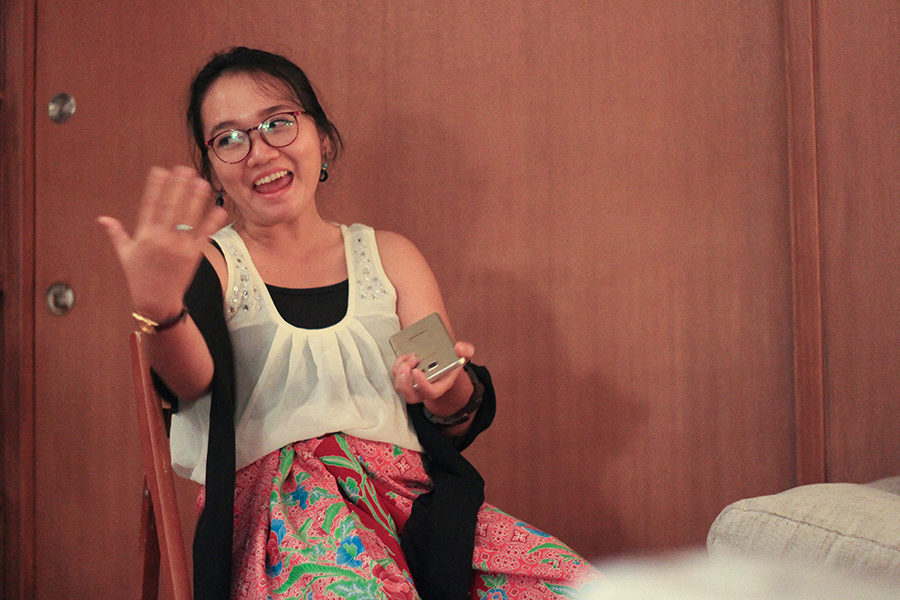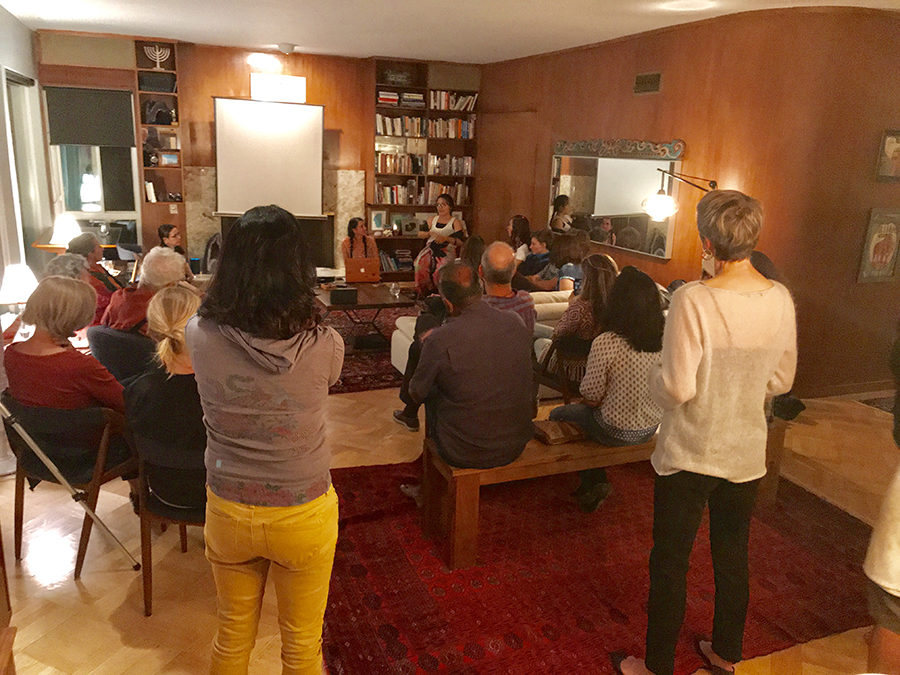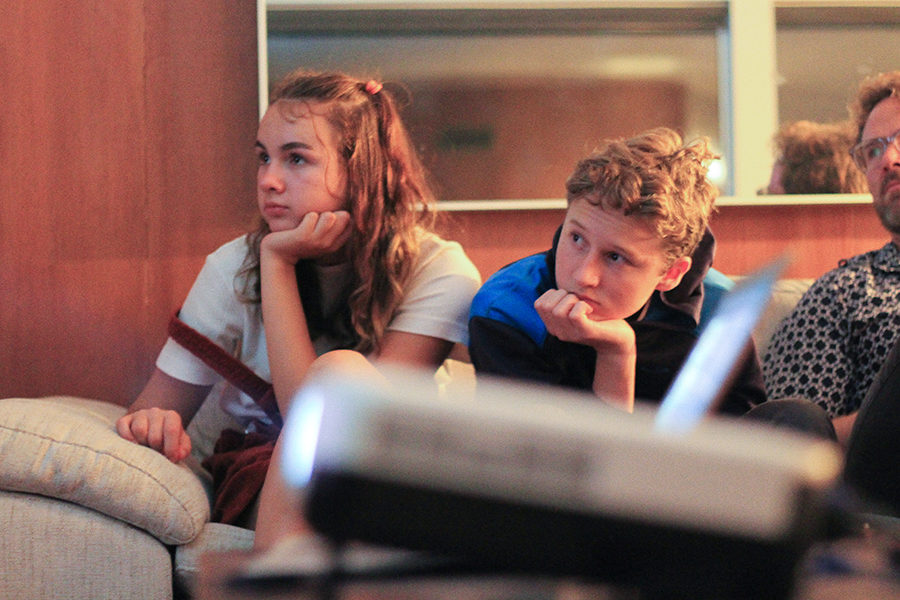World WEAvers Salon: Emmanuela Shinta and the Impacts of Palm Oil in Indonesia
As a team and community, we feel an urgency now more than ever before to broaden our circles and bring people together. Introducing World WEAvers Salons — small, informal gatherings of friends, neighbors and community members — to provide a space for us all to learn about important issues affecting our Earth and frontline communities, as well as generate innovative solutions to meet these challenges with hope and agility. We invite you to reach out if you are interested in attending, hosting, or have an idea for a speaker/topic for an upcoming salon.
![]()
In a moment of global environmental crisis, Indonesia is ground zero. Widespread deforestation and related wildfires make it the world’s third largest emitter of greenhouse gases and endanger the survival of indigenous and endemic species, including the Sumatran orangutan. Tsunamis, earthquakes, volcanoes, and toxic smog are causing mass migration, transforming entire communities into climate refugees. Rivers and lakes are being consumed by plastic waste, coral bleaching is destroying ocean habitats, and rising seas are swallowing islands.
In response to the onslaught of environmental threats and crises facing local communities, and by extension the world, it is the women of Indonesia who are rising to meet these challenges.
Earlier this month, WEA had the honor of hosting Emmanuela Shinta, a Dayak leader, environmentalist and filmmaker from Kalimantan (Indonesian Borneo), for an intimate gathering to share how her community and environment continues to be affected by the world’s palm oil consumption.



WEA first met Shinta during Indonesia’s great Palm Oil Haze of 2015. At that time, Shinta was deeply immersed in mentoring young women activists who were passionately raising awareness about their country’s mass deforestation and burning of peat-rich rainforests to make room for mono crops of oil palm trees. This palm oil was to be used across the world in processed foods, beauty products and biofuels. In 2016, Shinta started the YOUTH ACT CAMPAIGN, a youth movement to end the forest fires and haze that have been happening for 20 years in Kalimantan.
Shinta is the founder of Ranu Welum Foundation, which works on issues of social culture, humanity, and environment in Kalimantan. She is at the forefront of taking an active and peaceful role in preserving the heritage, humanity, and environment of her community.
![]()
Learn more. Take action.
- At 66 million tons annually, palm oil is the most commonly produced vegetable oil
- Indonesia is the world’s largest producer of palm oil
- Indonesia temporarily surpassed the United States in terms of greenhouse gas emissions in 2015
- More than 700 land conflicts in Indonesia are related to the palm oil industry
Here are several resources for diving deeper into the impacts of palm oil on Kalimantan, and taking action in our own lives to shift our consumption habits away from this devastating industry.
- A clear summary of the complex issues around palm oil: https://www.youtube.com/watch?v=LSumTLrJzdU
- Palm Oil Investigations: a resource for data, consumer ideas and a list of “names for palm oil”: https://www.palmoilinvestigations.org/names-for-palm-oil.html
- News resource of independent journalism on environment and indigenous issues in Indonesia and globally: www.mongabay.com
- An app that allows you to check if a certain product contains palm oil: http://www.cmzoo.org/index.php/conservation-matters/palm-oil-crisis/
